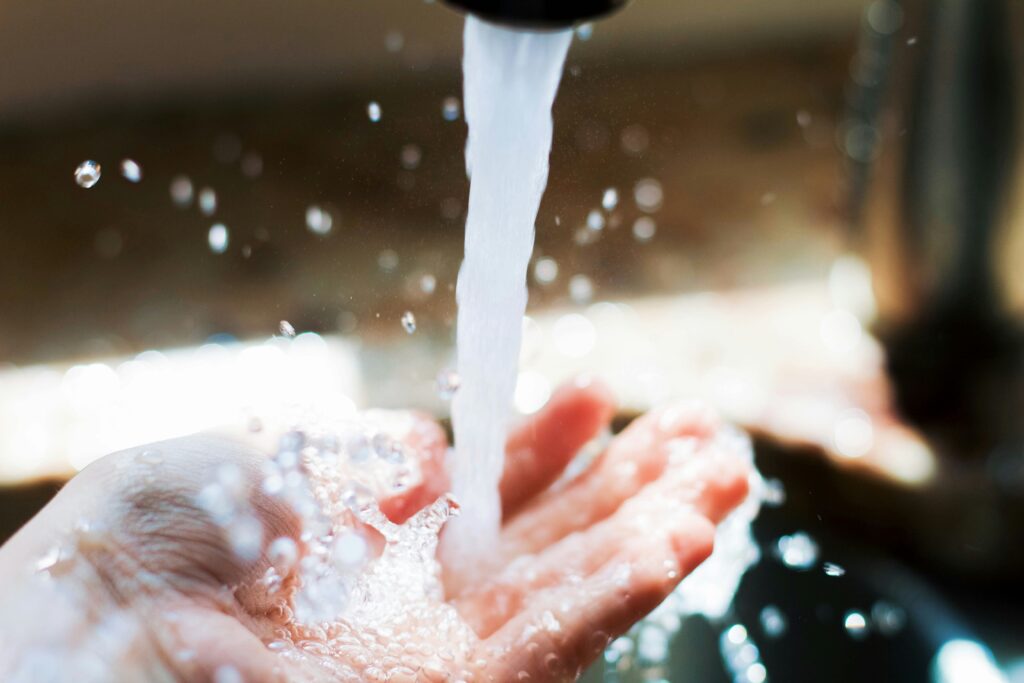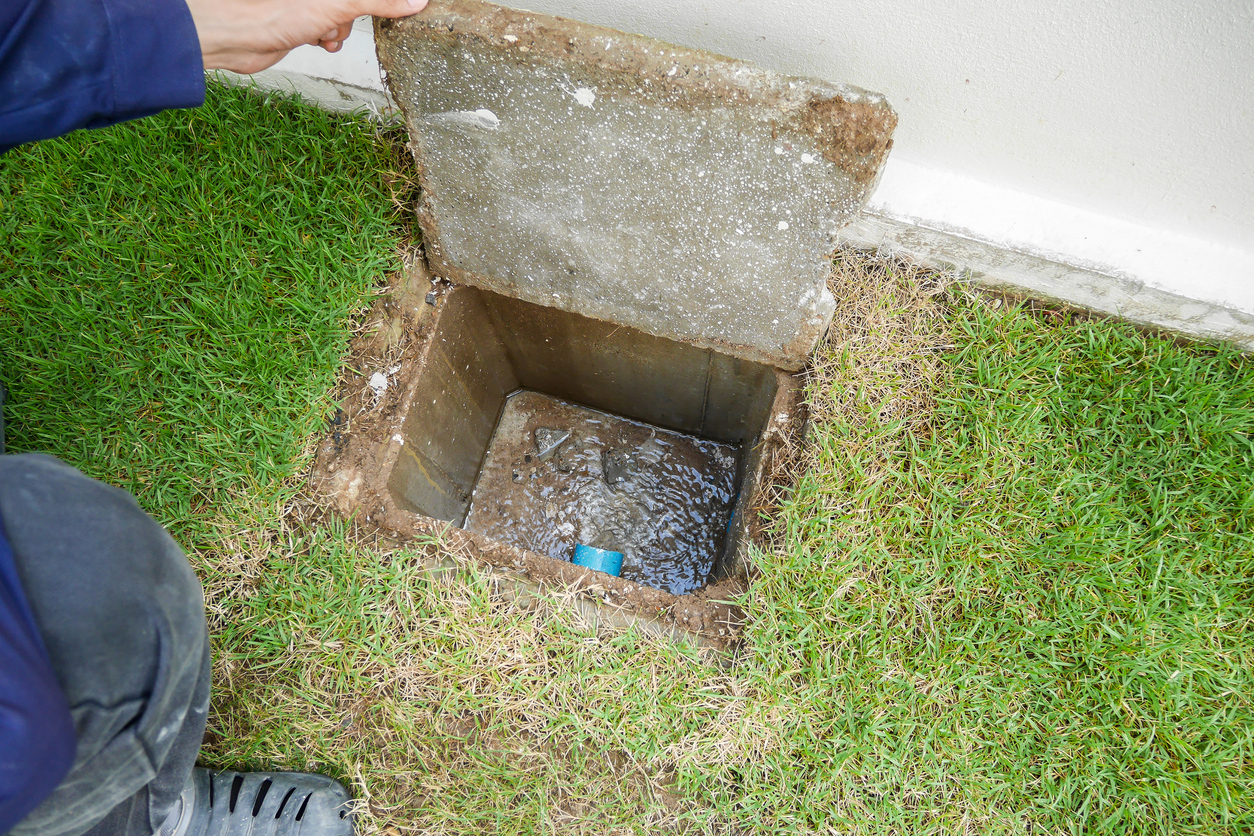If you’re wondering whether to repair or replace your current HVAC system, one thing you’ll need to consider is how old your system is. This can help inform your decision about whether to invest in a new system or spend money repairing your existing system.
Below, we’ll explain how long HVAC systems last on average and provide you with some tips for extending your system’s lifespan.
How Long Do HVAC Systems Last?
How long your system lasts depends on the type of system that you own. According to The National Association of Home Builders, residential heating, ventilation, and air conditioning system components last 15 to 25 years in the “best-case scenarios.” Here is the average lifespan they provide for each system type:
- Furnaces: 15 to 25 years
- Heat Pumps (air-source): 16 years
- Air Conditioning Units: 10 to 15 years
The Department of Energy provides a little more of a generous estimate, reporting that central air conditioners last about 15 to 20 years.
Tips to Increase Your HVAC System’s Lifespan
In our experience servicing HVAC systems throughout the greater New Orleans area, we’ve seen systems far outlast their expected lifespans. One of the fundamentals of a long-lasting system is a quality installation. You can also extend your HVAC system’s years of usage and efficiency with these tips.
- Change the air filter frequently. Once dust coats the filter, your system will struggle to “breathe.” Not only will your system have a hard time heating or cooling your air, but your system can fail altogether.
- Keep up with biannual tune-ups. Even with the air filter in place, dust will still find its way inside your HVAC system. Dust buildup will make the components less efficient and more prone to corrosion and failure. By getting routine maintenance for your furnace in the fall and your AC in the spring, you can get your system cleaned, tightened, lubricated, and ready for heavy usage.
- Avoid crowding your outdoor unit. Whether you own a traditional air conditioning unit or an air-source heat pump, make sure that the outdoor unit has room to breathe. Avoid planting bushes, shrubs, or other plants right up against the equipment. If you want to hide the equipment behind a barrier, use a material that can provide ventilation (like lattice) and give your equipment at least two feet of space on all sides and plenty of room for a technician to service the unit.
- Give your outdoor unit several feet of overhead clearance. Your outdoor unit releases the most heat from the top, so it needs lots of overhead room for ventilation. This is why we cringe whenever we see an AC installed below a deck or in a crawl space. If you do cover the unit to protect it from debris during stormy weather, remember to uncover it before you use it again!
At Stuart Services, we are New Orlean’s trusted experts for HVAC services! Schedule your appointment by calling us today at 504-321-2079.







